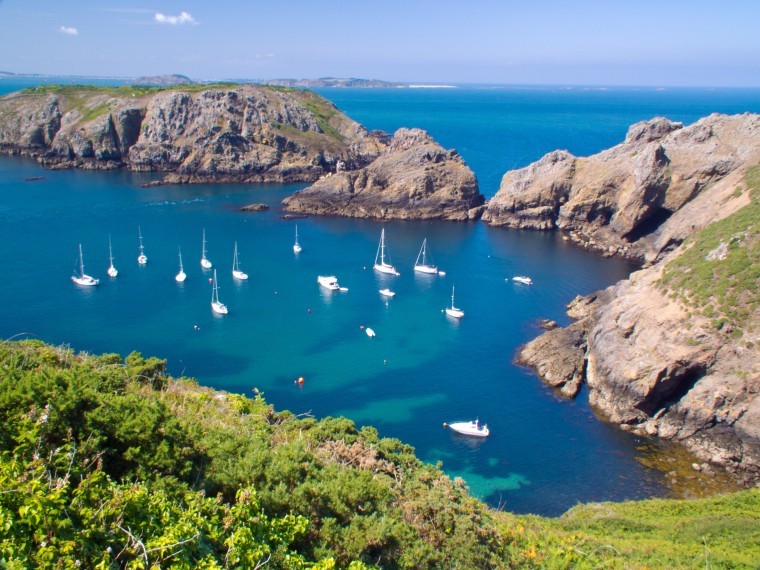Sark’s resident population of around 500 has been relying on imported milk, cream and butter from Guernsey since its previous dairy shut down in 2017. According to the Jersey Evening Post, owner Chris Nightingale blamed the closure of Nightingale Dairy on rising operating costs and falling sales, which had reportedly dropped by a third in recent years.
In March 2018, island chocolatier Caragh Couldridge spoke to the BBC about Sark’s desperate need for a dairy farmer, stating that it was “crucial to our self-sufficiency, our livelihood and our identity” and said the future prospect of a community dairy was “a hope and a vision”.
One year on and it seems the search has been once again thrown into the spotlight light. In a BBC report, which aired on 15 April 2019, organiser of the Sark Community Dairy, Richard Axton, said that the small island, located some 80 miles from the south coast of England, was once again actively searching for “people with dairy farming experience. Ideally, a couple who are wanting to develop a new business”.
Speaking to South East Farmer, Caragh Couldridge said that the opportunity would ideally suit someone without a young family, as education on the island is limited and can be a sticking point for some.
Indeed, in January 2019, an “exceptionally qualified” couple had already agreed to take on the role and were preparing to move their young family from North Yorkshire to Sark in May. However, the couple, who are now expecting another child, pulled out due to uncertainty over how island life would impact their family circumstance.
Applicants would also need to show a full understanding of dairy farming and would be expected to explain not only how they plan to satisfy the local market in basic dairy commodities, but would also need to demonstrate an ambition to produce a complementary range of high value dairy products, such as cheese or ice cream.
“The value-added products are the key to the dairy’s success,” said Caragh. “We are only looking for a herd of 15 to 18 Guernsey milkers because in recent years the market for milk on the island has decreased.”
The Sark Dairy will be run by a trust, with buildings to be constructed on land owned by the island’s Seigneur. The farmer would hold a tenancy from the trust and would be required to pay a “nominal” annual rent. As the trust estimates it would take at least two years to generate a “decent revenue stream” the farmer will be subsidised between £20-25,000 tax free for the first two years.
The trust has already secured verbal agreement from landowners for access to 40-acres of land for grazing, feed and silage. Once a suitable candidate has been appointed, the land tenure will be provided on a five-year contract, which will be organised and managed by the trust, on the farmer’s behalf.
While the island has already received an “overwhelming” response, with farmers from as far as America getting in touch to explore the opportunity to relocate to this picturesque island, the trust is keen to find someone who would be willing to invest in the cows, the processing equipment, and someone who understands the challenges of farming on an island where import costs are high.




